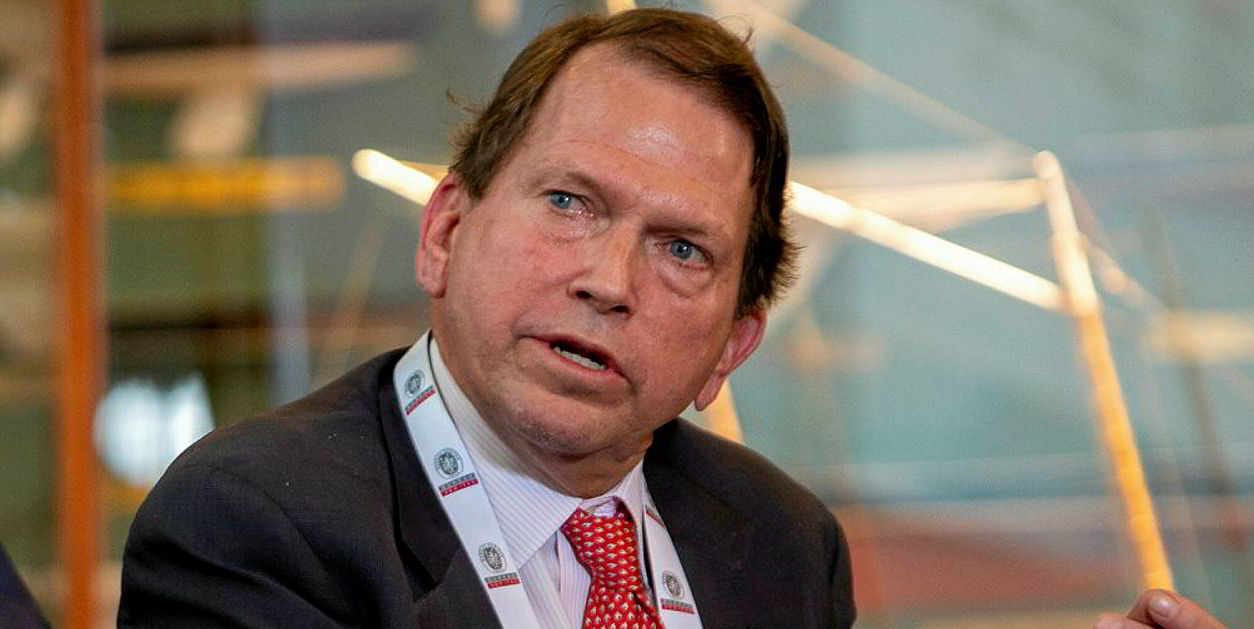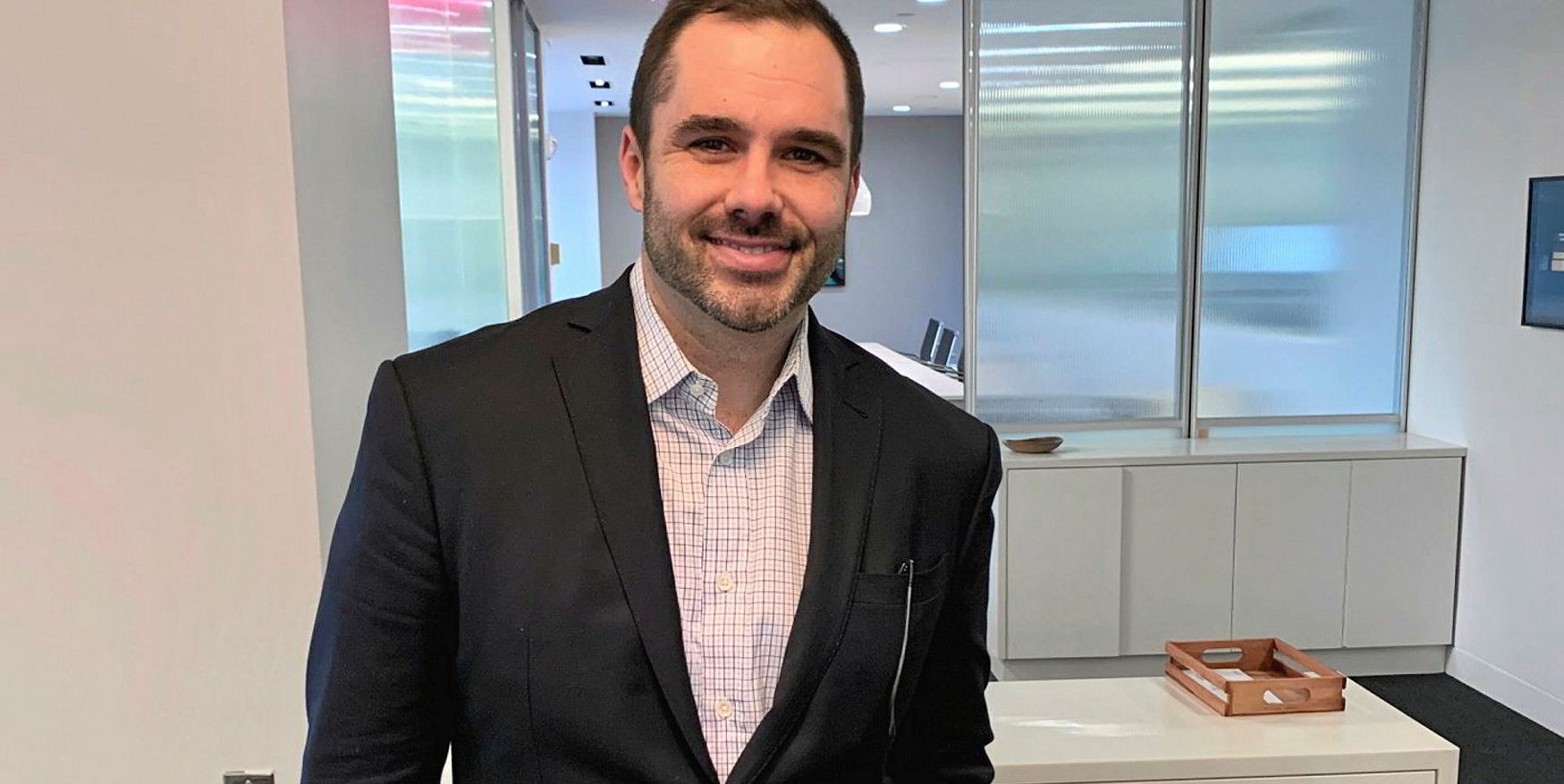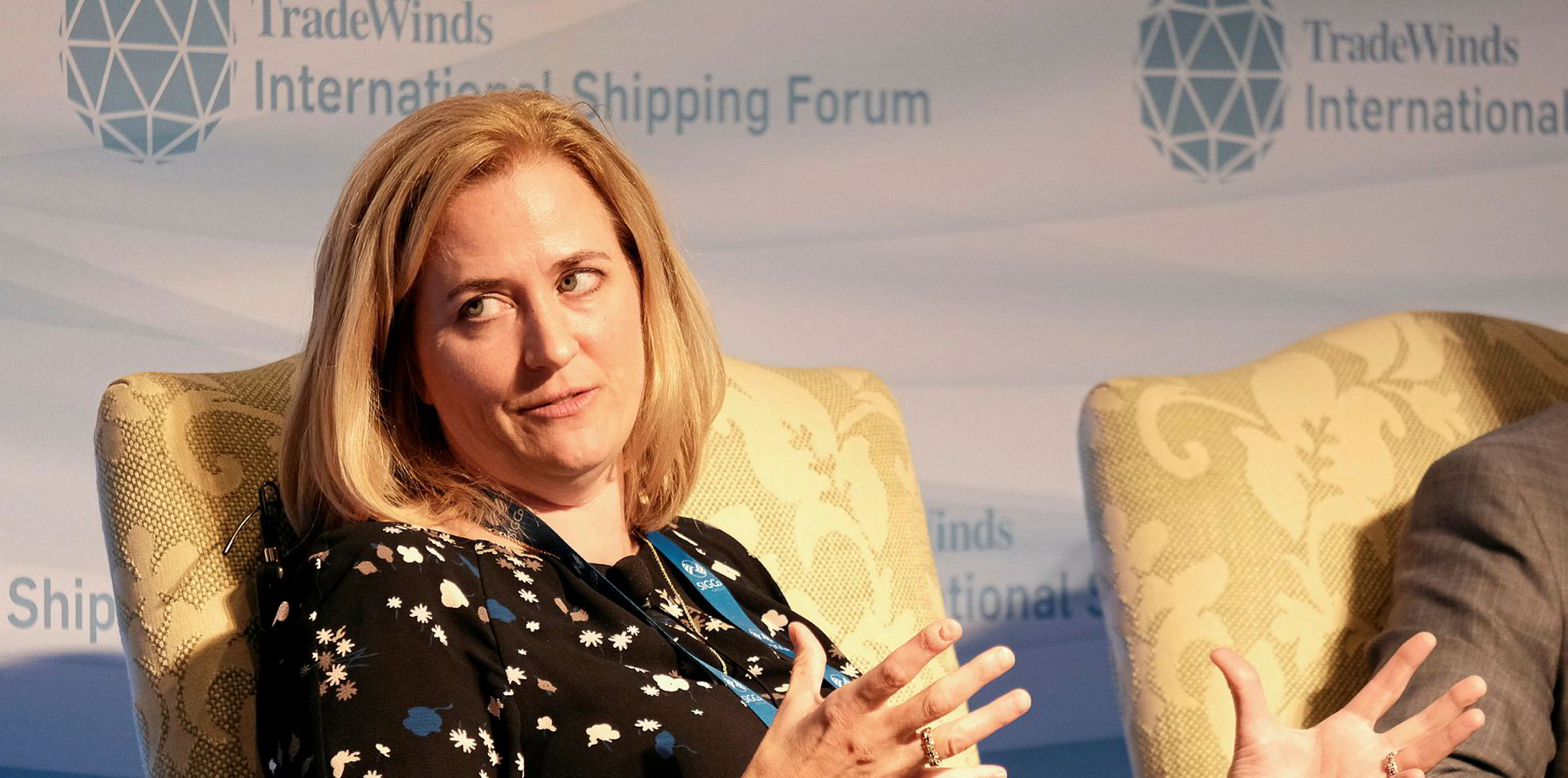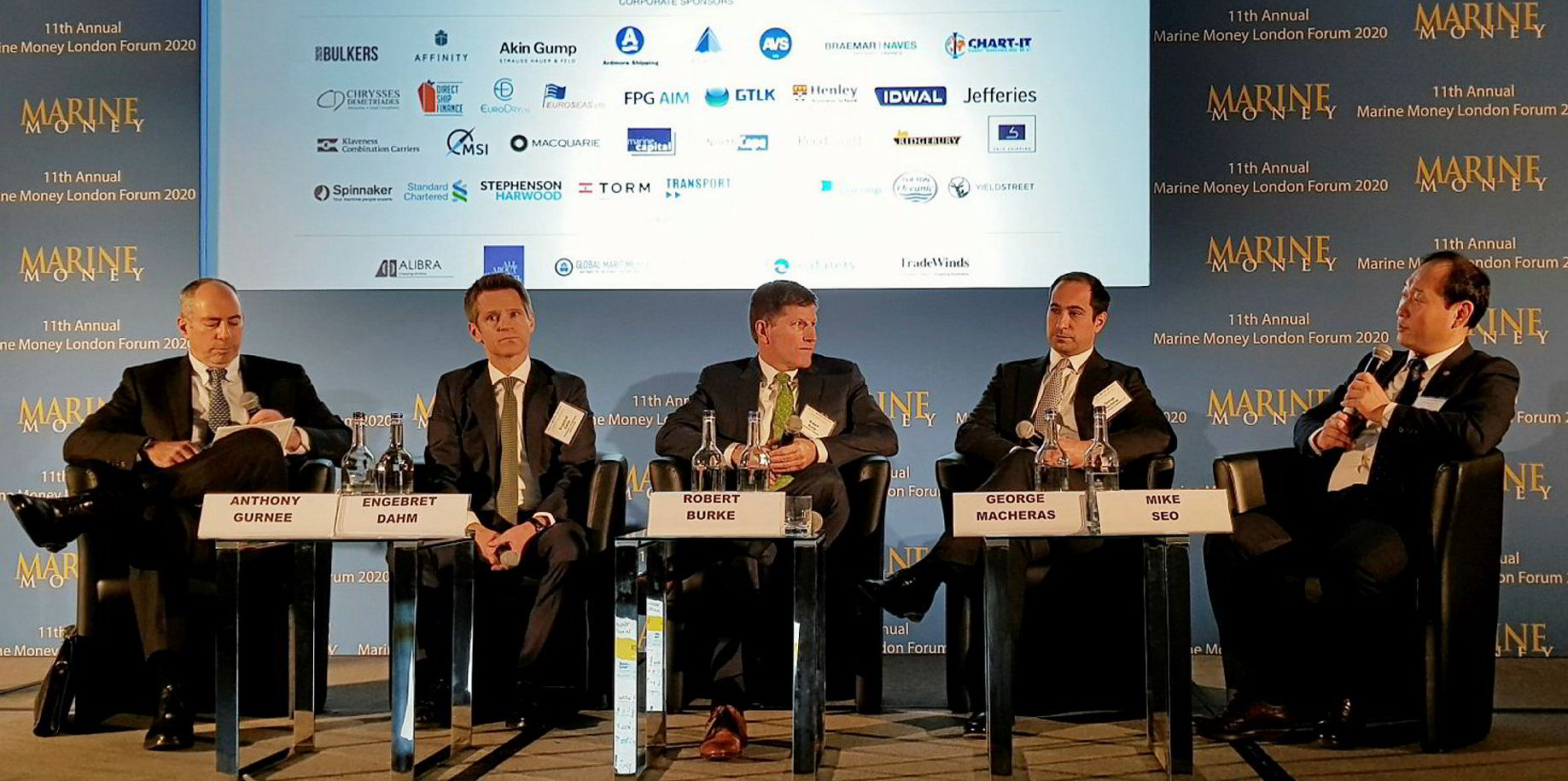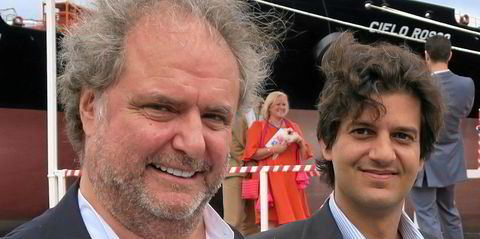ESG — issues related to environmental, social and corporate governance — has been dominating discussions on ship finance, but assessing and measuring compliance is still in the early stages.
“I’m hearing more about the early days of this transition from qualitative” to quantitative, said International Seaways chief financial officer Jeff Pribor at TradeWinds Shipowners Forum New York on Thursday.
He said ratings from Dutch firm Sustainalytics and the Poseidon Principles — devised by banks to help incentivise green shipping — have helped push ESG into “real numbers” territory, allowing companies to truly be evaluated on how they perform on those factors.
“If it moves from qualitative, ethereal, to these are the numbers, then it gets real,” Pribor said.
Star Bulk president Hamish Norton said Sustainalytics, which produces all sorts of ratings on institutions, rates companies whether they like it or not.
He said Star Bulk initially did poorly on their ratings scale, as there was not sustainability data by which to judge the company. But once Star Bulk published its sustainability report last October, things changed.
“We had a chat with them and they said ‘now you’re going to be great’,” Norton said.
With the shift toward ESG, many shipowners have worried that the industry could be harmed by the public's lack of familiarity, as shipping often makes headlines when things go wrong.
Further, crude oil tankers and bulkers transporting coal will likely fare poorly, as they deal with fossil fuels.
Jefferies analyst Randy Giveans said ESG-focused investors fall into three categories.
There are those who will never touch shipping stocks, a second group that acknowledges ESG is difficult to quantify and will invest anyway, and a third that is mindful of the factors and will only invest in those deemed high quality.
But mostly, he said, investors just want to see numbers.
“A lot of the check mark is are they reporting their emissions?" Giveans said.
“As long as they’re reporting it and you have that transparency, that’s very important.”
